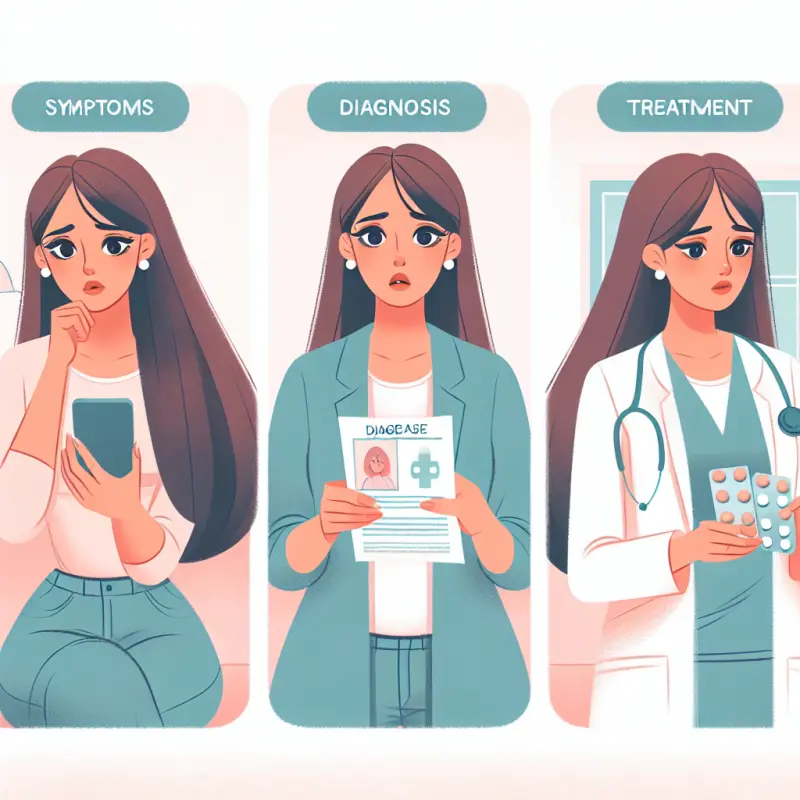Genital Herpes: Symptoms, Diagnosis, Treatment, and Prevention

Description
Genital herpes is a common sexually transmitted infection (STI) caused by two types of herpes simplex viruses: HSV-1 and HSV-2. While HSV-1 typically causes oral herpes (cold sores), it can also cause genital infections. HSV-2 is the most common cause of genital herpes. The virus is spread through vaginal, anal, or oral sex with an infected person, even if they do not have visible sores or symptoms.
Once infected, the virus remains in the body for life and can reactivate, causing recurrent outbreaks. Genital herpes is highly contagious, especially during an outbreak, but it can also be transmitted when no symptoms are present.
Symptoms
Many people with genital herpes do not experience symptoms or have mild symptoms that go unnoticed. When symptoms do occur, they can include:
- Painful blisters or sores on the genitals, anus, or surrounding areas
- Itching or tingling in the genital area
- Pain during urination
- Flu-like symptoms (fever, body aches, swollen lymph nodes)
- Headache
The first outbreak is usually the most severe and may be accompanied by multiple sores, fever, and swollen glands. Recurrent outbreaks tend to be milder and shorter in duration.
How to Know if You Have It
Diagnosis of genital herpes is usually based on physical examination and laboratory tests. Your healthcare provider may:
- Examine the affected area for sores or blisters
- Take a swab from a sore for laboratory testing
- Order a blood test to detect herpes antibodies
Testing is recommended for anyone with symptoms or a partner diagnosed with herpes. If you suspect you have been exposed, avoid sexual contact and see a healthcare provider for evaluation.
Treatment
There is no cure for genital herpes, but antiviral medications can help manage symptoms, reduce the frequency of outbreaks, and lower the risk of transmission. Common antiviral medications include acyclovir, valacyclovir, and famciclovir. Treatment can:
- Shorten the duration of outbreaks
- Lessen the severity of symptoms
- Reduce the risk of passing the virus to others
Additional management tips:
- Keep the affected area clean and dry
- Avoid touching sores to prevent spreading the virus
- Use condoms to reduce transmission risk
- Inform sexual partners about your diagnosis
Conclusion
Genital herpes is a lifelong infection, but it can be managed with medication and healthy practices. Regular communication with your healthcare provider, safe sex, and honest conversations with partners are key to living well with herpes. Early diagnosis and treatment can help you maintain your health and protect others.